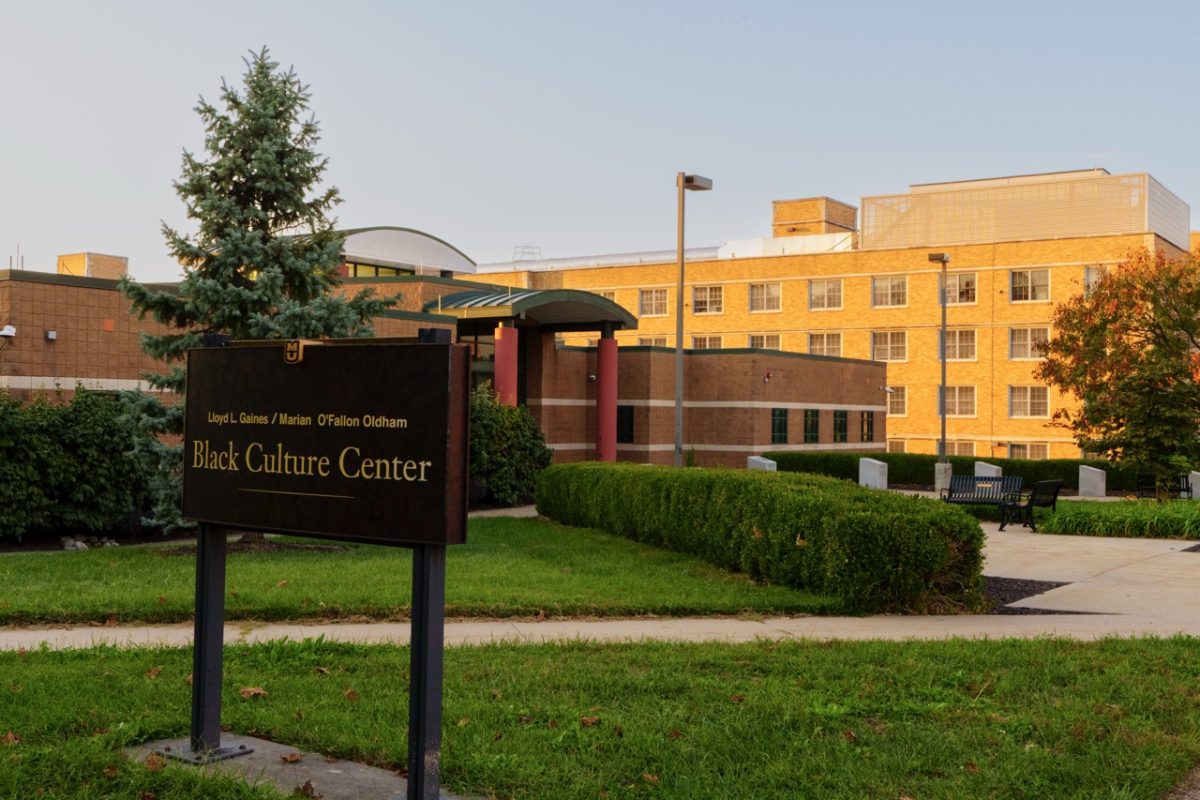Graduate students will have their health care subsidized indefinitely thanks to a temporary fix in the Affordable Care Act that will allow the university to take as much time as needed to come up with a longer-lasting health insurance plan. This comes a year after [students staged a walk-out to demand](https://www.themaneater.com/stories/2015/8/26/start-movement-graduate-students-walk-out/) fully subsidized health care from the university.
Sen. Claire McCaskill (D-Missouri), an MU graduate, urged the federal Treasury Department and the Obama administration to find a fix in the Affordable Care Act that would allow universities to provide healthcare for graduate students without being penalized by the IRS. This follows a ruling by the IRS that said universities could not provide subsidized health insurance for students.
MU spokesman Christian Basi said in an email that with this allowance, the university will work to find a better, more permanent solution.
“The University of Missouri appreciates the efforts of Senator McCaskill and her office, the Senator’s work to secure the initial extension from the Treasury department and now the secondary extension has allowed the university the time and ability to work toward identifying a permanent quality, affordable, health coverage solution for our graduate students looking forward,” Basi wrote in an email.
For Coalition of Graduate Workers co-chairman Eric Scott, the term “indefinitely” does not necessarily have a positive connotation.
“Indefinite sounds like a long time, but it could also mean that in a couple of months that we get new guidance that says, ‘No, really, we should get rid of the graduate student health insurance plans,’” Scott said. “So at this point it’s good because we still have our insurance, but we can’t mistake this for being a permanent fix.”
Last year, graduate students were informed that the university would no longer provide health care for them 13 hours before it expired. This was one of several catalysts for a number of other events that have led to currently ongoing efforts for graduate students to unionize and a lawsuit filed by graduate workers against the university.
Issues such as this one have ignited much debate as to whether graduate students should be considered employees.
“We are humans who have health care needs,” said Joseph Moore, the coalition’s outreach officer. “Many of the graduate employees are parents who have children who depend on the health insurance as well. So yeah, we perform vital services, we teach courses, we conduct valuable research that contributes to the university. We are employees, so we should be treated like employees.”
For CGW and many other graduate students, this lack of effort shown by the university is the main problem.
“The No. 1 way that [the university] could improve the lives of their graduate employees is simply by working with us and listening to the fact that there was a democratic election saying that they wanted to have CGW as the exclusive bargaining representative,” Scott said.
As far as the lawsuit between the university and the coalition, Scott said this news doesn’t change anything.
“The big thing right now is that we are continuing on in our legal case against the university, which we have extreme confidence will turn out in our favor,” Scott said. “In the meantime, though, we’re building our organization. We’re recruiting more people from across the campus into the union so that we have a good, stable organization that’s ready, as soon as the court case is finished, to step in and start negotiating a contract that is for the betterment of all graduate student employees.”
_Edited by Claire Mitzel | [email protected]_













